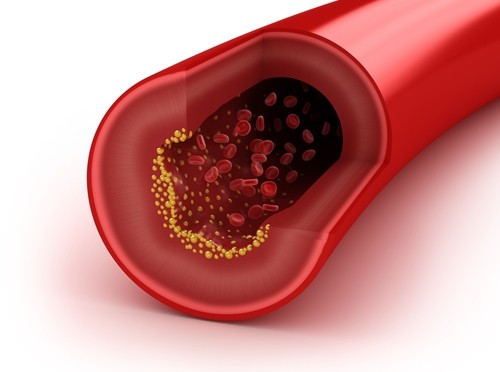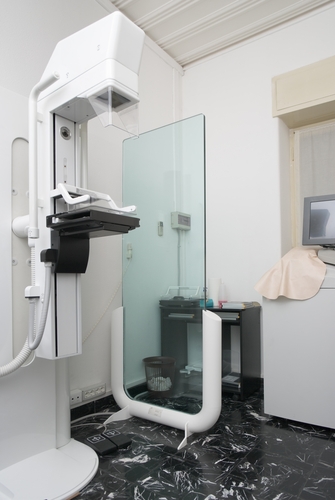New medical imaging research suggests computed tomography can detect clogged arteries more effectively than stress tests, reported Johns Hopkins Medicine.
For the study, published in the journal Circulation: Cardiovascular Imaging, researchers performed non-invasive CT angiograms and coronary angiographies on 391 patients, aged 45-85. After a two-month waiting period, the patients then underwent exercise stress tests. According to the researchers, all of the patients tested exhibited signs of heart disease.
The CT scans were able to find or rule out artery buildup in 91 percent of study participants. The stress tests, on the other hand, detected or precluded buildup in only 69 percent of patients. And when the researchers isolated a subsection of 111 high-risk participants, the CT scan performed even better, correctly detecting or ruling out buildup 96 percent of the time.
Physicians Question Exercise Stress Testing
Heart attack victims undergo a variety of post-event tests, including chest X-rays, stress tests and coronary angiographies, reported the American Heart Association. Physicians use these tests to determine the extent of the damage done by the heart attack and diagnose coronary artery disease, or the buildup of plague within coronary arteries. Exercise stress testing is the most widely used first-line screening measure, as it's both medically and cost effective.
In exercise stress testing, a physician attaches electrocardiogram monitors to a heart attack patient and asks him to run or walk on a treadmill. The doctor monitors the patient's heart performance during the exercise regimen which intensifies as time passes. After evaluating cardiac readings and the patient's general physical performance, the physician makes his diagnosis.
According to The New York Times, this screening method has lost its luster in recent years. Some in the medical community have questioned its accuracy, claiming bad test results could be attributed to a variety of conditions unrelated to heart disease, including poor physical fitness or musculoskeletal problems. Others criticize its inability to catch heart disease in low-risk individuals that don't exhibit outward symptoms.
"The accuracy of the test depends on whom it is used. It is most accurate among populations with a high prevalence of coronary disease," Mayo Clinic cardiologist Dr. Todd Miller told The Times. "But in most people without symptoms, the prevalence of disease is so low that the accuracy of the test is low, too."
In 2010 the United States Preventive Services Task Force responded to this criticism by advising physicians to discontinue exercise stress testing for low-risk individuals, reported The Times.
The CT Emerges
For some time, physicians have recommended CT scans for patients who don't respond well to stress testing. However, over the last few years, researchers have discovered that CT scanning could soon replace stress testing as the premier first line test. A study published earlier this year in The New England Journal of Medicine, found that CT scans were just as effective as stress tests in first-line screening situations involving individuals with a high risk for coronary artery disease. The study also found that patients who underwent CT scans experienced lower levels of radiation than those who had nuclear stress tests, a screening method that involves injecting a small radioactive tracer into a vein.
Researchers believe the only downside to CT scanning lies in its cost. According to the Johns Hopkins Medicine study, the average heart CT costs between $750 to $1200.
Ronny Bachrach
Latest posts by Ronny Bachrach (see all)
- Konica Minolta Debuts First-of-Its-Kind Digital U-Arm System at AHRA - July 27, 2016
- Researchers Detect Signs Of Stroke Risk Using MRI - June 27, 2016
- Imaging Biz: Q&A with David S. Channin MD: How to Make PACS Patient Centered - June 22, 2016










